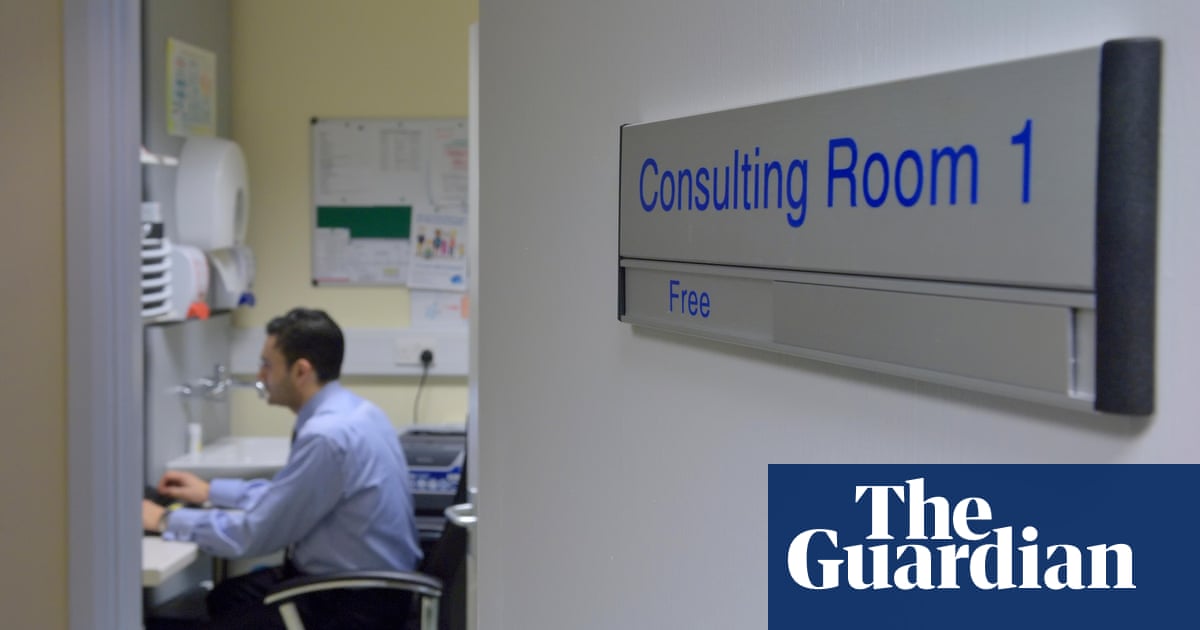Almost half of GP surgeries in England are staging industrial action for the first time in 60 years amid a row over funding, with one in four capping the number of patients they see to 25 a day, a survey suggests.
Family doctors voted overwhelmingly in favour of collective action earlier this month in protest at the last government increasing their budget by only 1.9% this year. The new government has pledged to increase funding for 2024-25 to 6%.
Senior NHS leaders fear “alarming” and “dangerous” disruption until Christmas and potentially into 2025, with hospitals, A&E units and mental health services braced for a surge in demand from thousands of patients turning to them for help.
A letter seen by the Guardian that was sent to NHS managers from the national primary care director, Dr Amanda Doyle, said the NHS was preparing for a “worst-case scenario” and that 999 services could be affected.
Now a snapshot of GP practices suggests 46% are already taking work-to-rule action, with more than a quarter (26%) limiting the number of patients seen each day to 25.
The study of 283 GP partners from different practices by Pulse magazine found a further 20% will be taking collective action in future. Another 22% are considering it. Only 7% ruled out taking any action.
One in four (25%) said they believed the action would harm patients in the short-term.
GP partners can choose what form of action to take from a selection of 10 measures set out by the British Medical Association. As well as capping the number of patients, they can stop work they are not formally contracted to undertake, and ignore “rationing” restrictions by “prescribing whatever is in the patient’s best interest”.
Half of those surveyed (50%) said they would be willing to escalate industrial action, which could involve full strike action, such as closing their doors for a period of time.
Rachel Power, the chief executive of the Patients Association, said she recognised the pressures GPs were under. “But for years now, patients have found it difficult to get appointments at their general practice, sometimes to even get through to the practice on the phone.
“Any industrial action that might affect a patient’s access to care in general practice is bad news for millions of people and we think there has to be another way for the BMA and the government to work out their differences.”
In a statement, Doyle said it was critical that patients continued to come forward.
“We will be monitoring the impacts of this action to ensure practices fulfil their contractual requirements and continue to meet the needs of patients,” she said.
The NHS was committed to tackling the issues within general practice, and had made changes to help staff and improve patient access, she added.
The government did not immediately respond to a request for comment.







